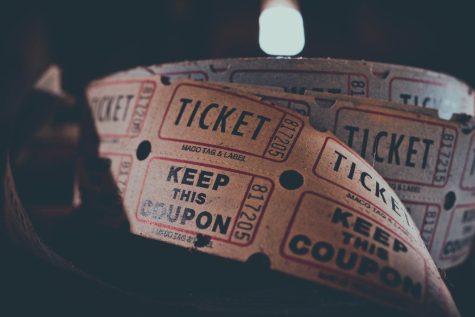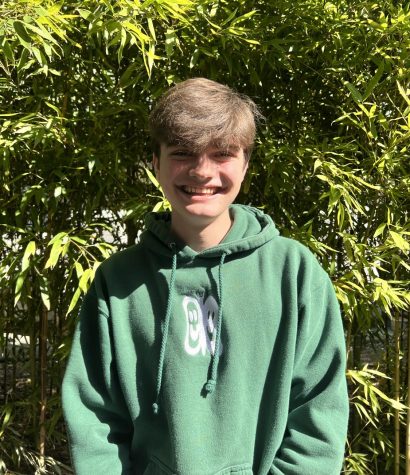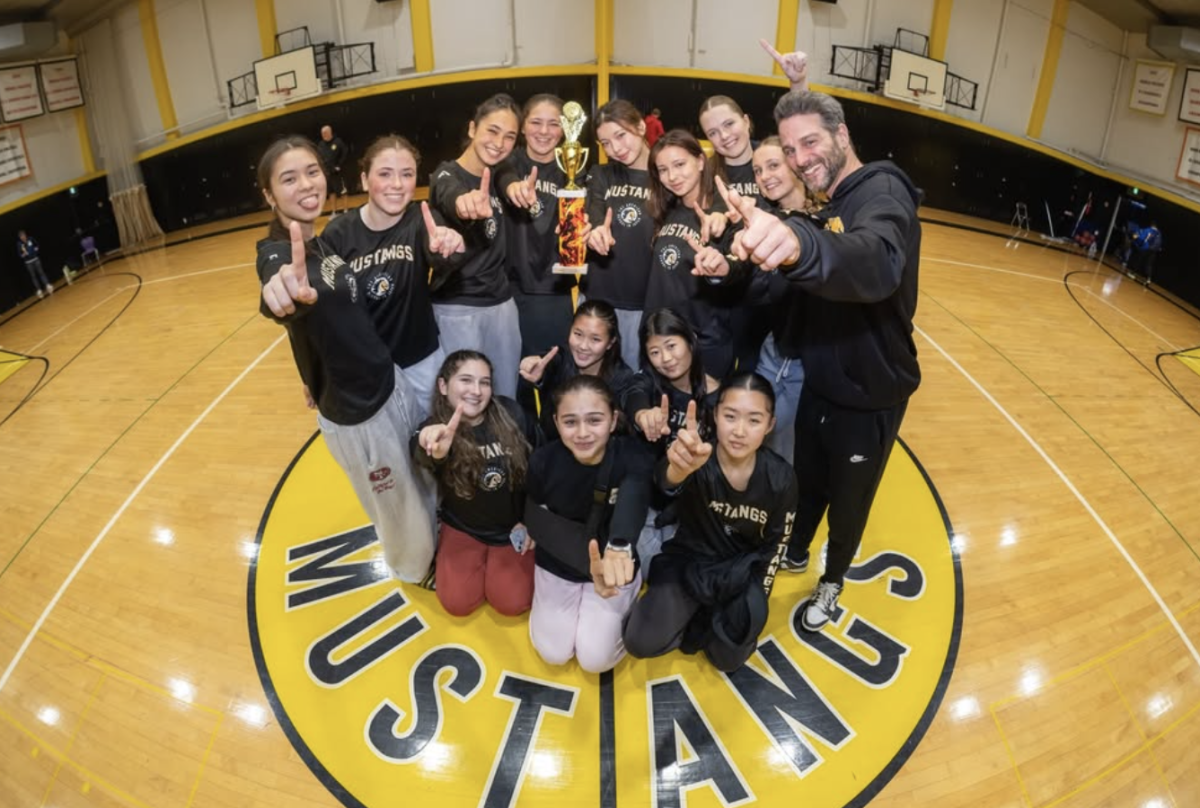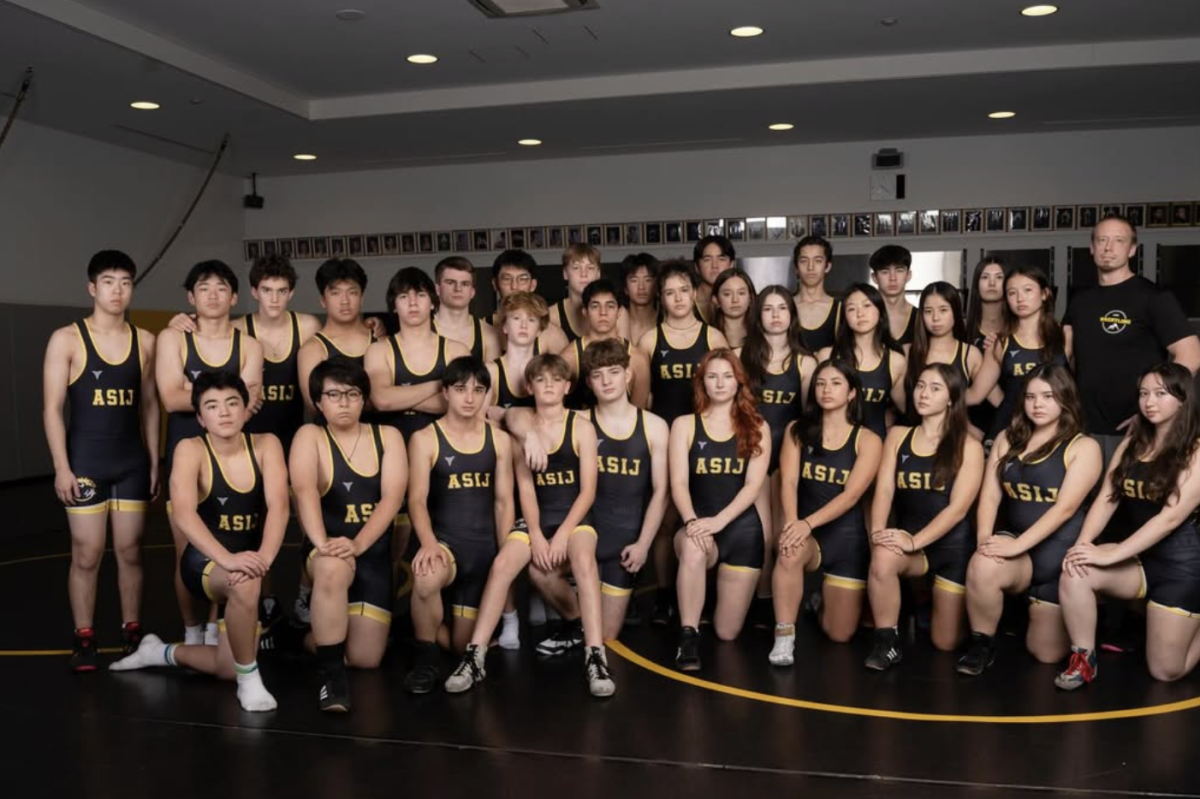Staying in School for the Rest of Your Life
March 29, 2022
This is the second in a series of articles that explore the work and interests of academics by interviewing university professors (see the first here). The professors share what they are working on and offer insights to high-school students.
Alan Sorensen is a professor at the University of Wisconsin-Madison. He teaches introductory economics classes, as well as more complex Ph.D. classes. He focuses on industrial economics, a broad area that has to do with industry and business.
Professor Sorensen’s journey to academia was relatively straightforward. He attended undergrad at Brigham Young University with interest in math, social studies, and, to a degree, architecture. Seeing that economics could be the marriage of interesting mathematics with important societal questions, he was intrigued. He majored in economics and was able to attend MIT for graduate school, where he later got his Ph.D. After graduation, he worked as an assistant professor at UC San Diego and Stanford before moving to the University of Wisconsin-Madison.
Dr. Sorensen admits that being a professor isn’t quite what he initially thought it would be. While it depends on the university, professors generally spend most of their time doing research, not teaching. He says he really enjoys teaching and finds it rewarding both to help Ph.D. students with their passion for economics and to spark this interest in new students by teaching the foundational concepts that got him hooked years before.

Economics research can be quite fascinating, according to Professor Sorensen. One of his recent papers, for example, has to do with reselling event tickets. Everyone has had to buy tickets from somewhere before, either directly from a vendor like Ticketmaster or through resellers such as eBay. Reselling a product is generally an efficient economic endeavor because it transfers a particular good to someone who wants it more. As such, it is a very efficient use of resources. However, when it becomes profitable to resell tickets, the activity is no longer efficient. Every ticket has a price at which it should be sold, based on the value it has to the consumer. If an artist decides to sell their tickets cheaply, it will become profitable to buy multiple tickets and resell them at the price that people will pay—now, a lot more work has gone into the distribution of these tickets, which is quite inefficient. Professor Sorenson was able to analyze data from ticket vendors and resellers to quantitatively map out these relative inefficiencies in the market.
Most economics research aims to forward our understanding of industry and market behavior through small, incremental studies that, when combined, can help answer bigger questions. Through this, economists can make recommendations on larger policy issues.
Interestingly, he described academia as “basically just staying in school for the rest of your life—going to seminars, listening to speakers, talking to other professors—it’s a continual learning journey.”
Professor Sorensen has some advice for us as high schoolers now. While academia or economics might not be your specific interest, “try to find what you like about school, and do more of it,” he says. “Pursue the areas that interest you and are a good fit with your talents. Getting a good education pays off.”



















